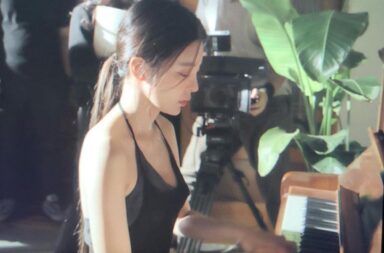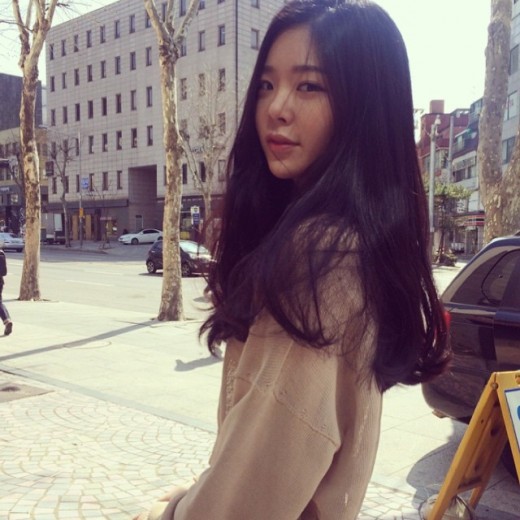
The year of 2019 has seen an increasing demand for the “truth” behind the entertainment industry, on anything ranging from relationships to criminal activity. The sudden flood of scandals, crimes, and even personality controversies that poured out have sparked an overall mistrust from the public. This is largely due to the severity of these controversies exceeding average expectations. Beyond mere mistakes or bad habits, the illegal and/or quite inhumane repercussions caused by some celebrities have called for a re-evaluation on how stars have been perceived.
The notion of a “perfect image” has thus been questioned, and ultimately redefined to require a “good impression” from all stars instead. A public figure’s exterior impression has become a huge determinant to their character, and therefore their career’s longevity.
While image was known to be possibly deceiving, it wasn’t until this year that the public was forced to reevaluate the power of secrecy behind publicity. Trust has become harder to obtain, with more factors needing to be considered altogether. But in doing so, they have unwittingly merged the need for a celebrity to maintain both career and character, in response to the pressure to keep the public’s trust. The boundaries between the two have blurred considerably, mainly as a means for the public to grapple with this year’s onslaught of disconcerting truths.
Recently, this type of re-evaluation was directed towards South Club’s leader Nam Taehyun, in response to singer Jang Jaein’s exposure of his cheating habits. While Nam has had his fair lot of controversies beforehand, his character, career, and even physiognomy have all come into light again with this latest news. Many have called for his leave from the industry as well.
Character has become so closely linked to one’s career that either one or the other can justify their duration in the industry. This shift in expectations has redefined the culture of celebrity consumption. As a result, Jang’s revelation has been hailed as contributing to the public’s demand for clarity from the once “perfect” industry. While Nam has received the brunt of criticism, Jang has found her image and career boosted from speaking up – particularly in light of how Nam has previously confirmed their relationship without her consent. It almost seemed as if “personal justice” was fully served for both the public and herself.
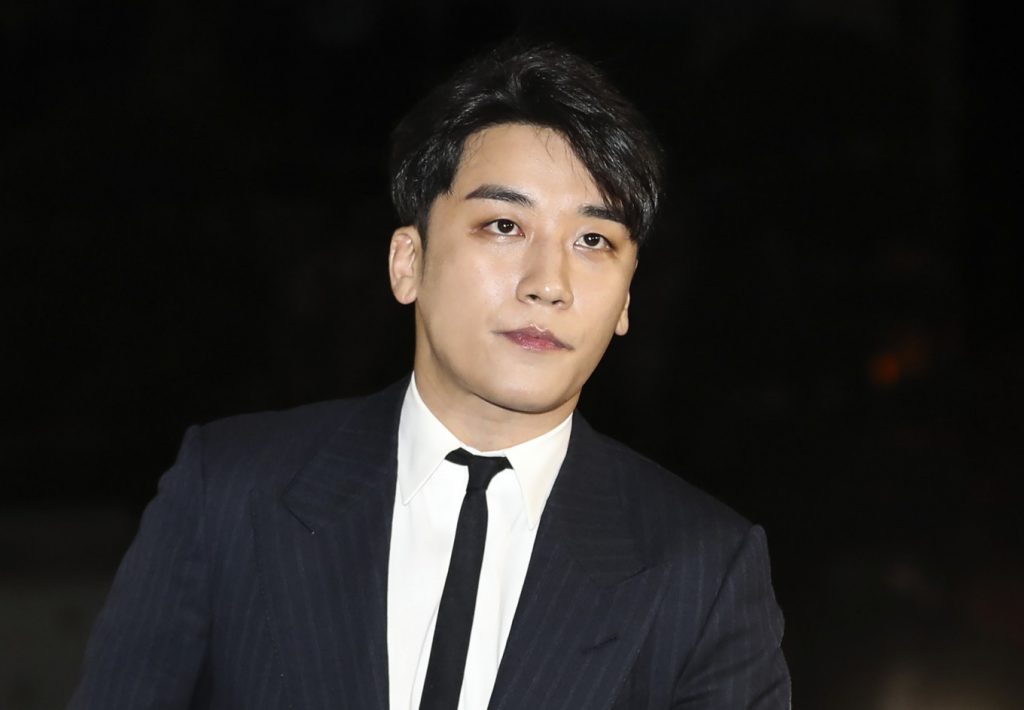
While this is a surprising new take on unveiling the “truth” on a celebrity, it is only the latest out of many. Compared to other years, 2019 has been the year for a deep celebrity spring cleaning. A basic timeline consists of the “Burning Sun Gate” from late January; Park Yoochun’s revealed drug usage and actor Son Seung-won’s fourth DUI in April; along with Kang Sung-hoon’s lookism controversies, bullying accusations against Hyolyn, and a taxi driver assault from actress Han Ji-sun in May. A reinvestigation into the late Jang Ja-yeon’s case also led to minimal conclusions, while actress Yoon Ji-oh’s assertion for justice has been met with skepticism regarding her real intent. Meanwhile, June unveiled iKON’s leader B.I’s alleged purchase of the drug LSD, according to Dispatch’s recent report. And lastly, the #MeToo movement had photographer Rotta and theater director Lee Yoon-taek sentenced for sexual crimes.
Meanwhile, agency CEO’s have also lost the public’s trust in this season of truth. TS Entertainment and LM Entertainment are currently caught up in financial lawsuits with their former artists, particularly through LME’s recent appeal request. Happy Face Entertainment had to withdraw their ‘Mixnine’ lawsuit from YG Entertainment (already a warehouse of major controversy), while SM Entertainment has received suspicions on their lack of financial transparency. Lastly, the arrest of Fantagio Entertainment’s CEO in China was followed by the disbandment of Hello Venus, with Pristin disbanded (and forsaken) by Pledis Entertainment not long after.
This certainly is a lot to take in. Yet, this past week revealed another step in filtering – the act of revealing a celebrity’s lack of relationship morals for the public to witness. In doing so, the element of character was used not only to define one’s career but perhaps end it entirely. Especially when the “truth” isn’t based on a legal conflict, but an interpersonal conflict. This brings forth a number of questions, even if it may seem important to receive this kind of news. On one hand, it’s clearly disappointing to learn that a public figure has been unfaithful in his relationships. Being a public figure has required an upright character to correctly adhere to those who’ve placed good faith in him or her. It’s important to know that not everybody may be perfect, and that someone may not be fulfilling the weight of their role.
However, Jang Jaein’s revelation creates a discrepancy with the notions of privacy versus public interest. While issues on dating ethics, character, and more are relevant and refreshing, is the public entitled to know these things? How far can the privacy of a public figure be extended for the sake of public interest? Where does the boundary between one’s career and character lie, or is it far too late to keep them as two separate entities?
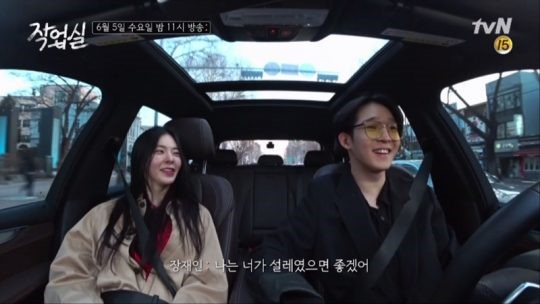
Back on Friday, June 7, Jang Jaein first exposed Nam Taehyun for allegedly cheating on her via Instagram. Her post included screenshots of his texts with unnamed celebrity “A,” which allege Nam having lied about not dating Jang in order to be with “A.” Accordingly, those screenshots have been sent by “A” herself following the conversation. To be fair, it is a relief that “A” chose to communicate honestly with Jang, as it enabled them to untangle the truth. Though it was quickly deleted after publication, screenshots of it floated around news articles as a testament to his habits. She further added context in the caption, relaying to the public everything that has occurred behind-the-scenes before ending it with, “At least live with a conscience.”
In response, Nam also responded via Instagram – albeit in two parts. He first released an apology teaser, before uploading a photo of his handwritten apology the next day. Further news revealed he would still perform on the 8th and 9th for his musical “Mefisto” prior to his leave, due to time constraints. And while his scenes on “Video Star” and “Studio Vibes” will promptly be edited out onscreen, Nam will still be holding his concert “Scene” from June 22-23, 29-30. According to OSEN, a concert representative has explained that, “while the musical and other shows have replacements available after Nam Taehyun’s leave, no one is able to replace him at the concert,” hence enabling it to continue.
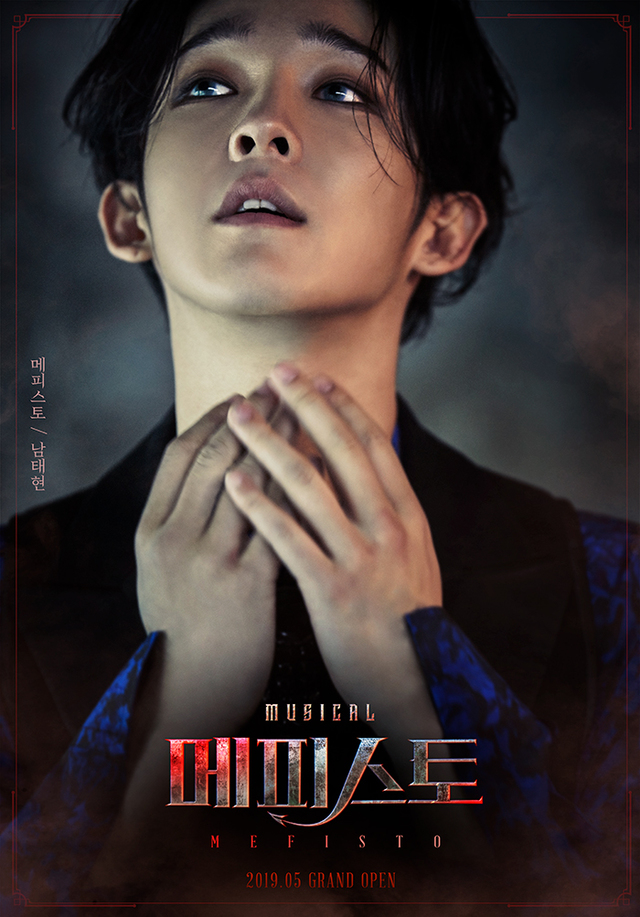
While Nam Taehyun’s responses have been less than satisfactory for the public, they’ve nonetheless welcomed this new insight into his character. Thanks to Jang Jaein’s courage, fans and the public have gained another celebrity to be enlightened about, more deeply than even two weeks ago. However, not very many people have questioned their privacy that has been at stake. Granted, Nam was the first to have gone public with his relationship, despite Jang clarifying on her Instagram that it was a) too soon for its early stages and b) troublesome for her agency to respond. Many stated that Jang had simply exposed him in return.
Still, the idea of celebrities’ personal privacy is often split between compromises and rights. On one hand, becoming a public figure seems to require the loss of one’s privacy, though to an undefined extent. This issue has only risen with the use of social media and the internet to search, post, and even fake an item related to a celebrity. With the freedom of the online platform, along with fans’ increased interest in celebrities’ lives, there results a shifting definition of the word “privacy.” Largely driven by growing entitlement, the fans’ and public’s rising consequences further suffocate public figures. Privacy loses its meaning as a natural, personal right, changing towards something that can be manipulated for the sake of greater public interest. The determinant of privacy becomes the audience, and said celebrity loses their own agency.
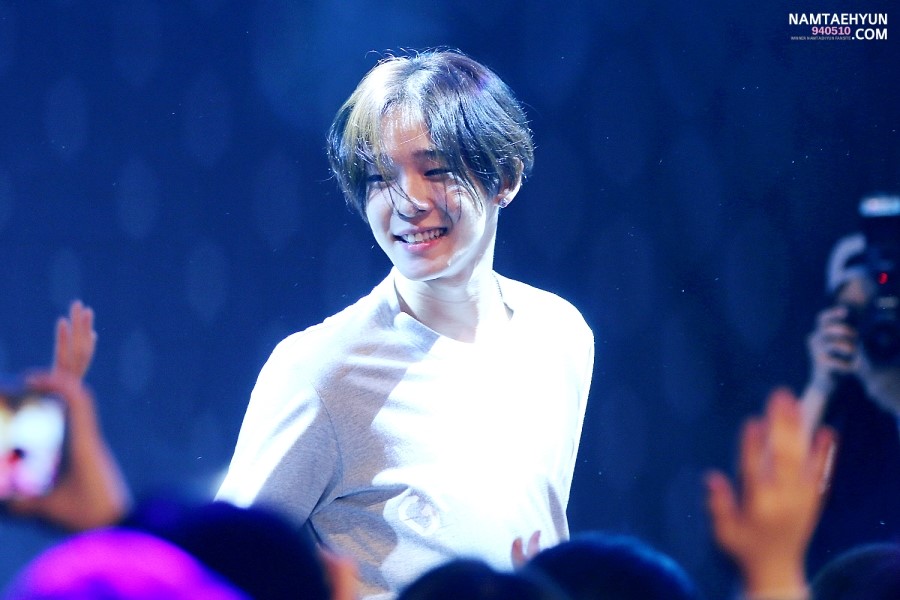
Although, the very notion of “for the public interest” retains a lot of grey area when based on the spectrum of severity – from interpersonal to legal conflicts. While the revelation of Seungri, Jung Joon-young, and etc’s private actions have been crucial to taking a step towards criminal justice, this same agency can pale in comparison to interpersonal conflicts. Privacy is equally at stake for a celebrity, but should the demand remain the same for all types of private conflicts? After all, while illegal crimes carry a public demand to be recognized, relational conflicts are intimate, personal, and something that stands apart from careers.
However, this may have to do with a shifted outlook towards celebrities’ relationships in the first place. The topic of dating has taken a surprising turn this year, as opposed to how it was received back in 2010. Think back to when the late Jonghyun and actress Shin Se-kyung were caught dating in October. The shock aimed towards the two have been overwhelming, and Shin has had to shut down her Cyworld account within 30 minutes of the news release. Meanwhile, the summer of 2011 witnessed Dispatch’s release of ex-Highlight member Yong Jun-hyung and KARA’s Goo Hara dating. Surprisingly, the news drew mixed reactions, ranging from shock to pleasant surprise.
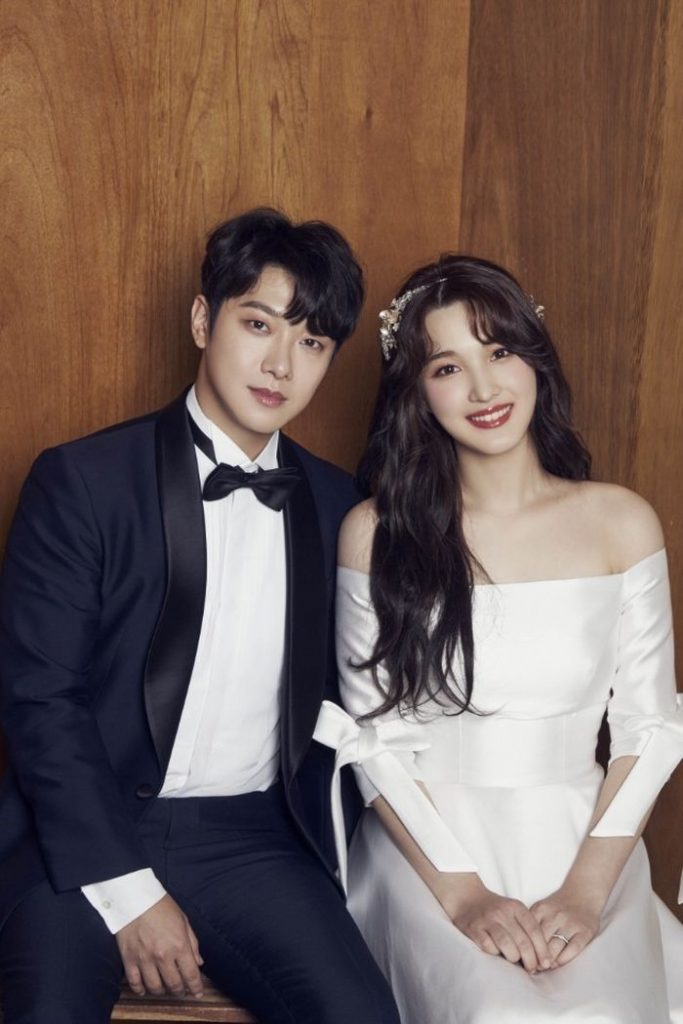
Fast forward to 2013, where fans couldn’t do much with the paparazzi shots of SHINee’s Onew and After School’s former leader Jungah meeting together. Granted, the tension rose significantly with news of Girls Generation’s Taeyeon and Exo’s Baekhyun dating in 2014. Though by 2019, the public has witnessed marriages and even the birth of children from celebrities – all of which, while monumental, have also passed. The public in general has grown accustomed to (slowly) recognizing that – despite the idols’ marketed availability and compromised privacy – they do fall in love and get married. Though image and timing has also a lot to do with the public’s acceptance, it certainly became easier to come by. Or, the couples’ longevity has simply drawn support through the years, an example being Girls Generations’ Sooyoung and actor Jung Kyung-ho’s relationship from 2014 until present.
By growing in tolerance, however, the public is enabled to ask for more, especially if it is regarding a negative happening – such as infidelity. Hence, one of the reasons why Jang’s truth was welcomed by the public. Granted, plenty of Nam’s fans have criticized Jang for making a private issue public. And, her main reasoning for exposing Nam was to prevent further victims. Jang Jaein directly spoke a truth that she believed was necessary for the public to know, in relation to her experience. This stands apart from the alleged cheating of Ivy, as it hasn’t been confirmed or directly brought up by either party. Although it is impossible to know whether Jang intended Nam’s career to come to a halt, it has nonetheless been a consequence. If anything, her deed only perpetuated the notion for infidelity to become an issue worth publicly mentioning herself.
All this to say, it is worth questioning if Jang’s revelation signals a need for character to further affect one’s career (within the boundaries of legal versus illegal acts, of course). Should character – specifically relationship habits –be enabled to be an ending factor to one’s career? Frankly, the public already has an upper-hand on not just supplying a celebrity’s popularity but also demanding their transparency as role models. The greater this agency extends itself, the thinner the boundaries get – but for what reason?
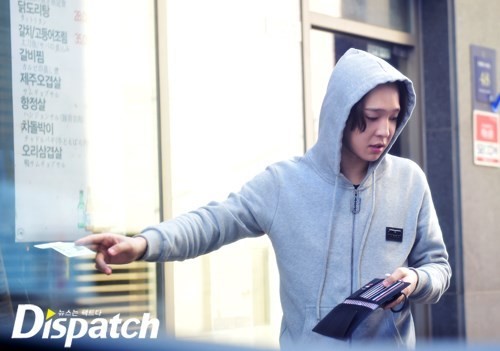
Simply put, how much should we know about a celebrity’s character as consumers, and why? Casting aside emotional investment and the responsibility behind publicity, the industry as a business has fans consume the celebrity’s image and products in return for financial gain. Although events such as fan meetings, V-Live segments, and more encourage a closer approach to these celebrities, their work still requires a professional boundary. Though often blurred, there is indeed a line drawn between a celebrity’s image and their raw selves.
Over the years, however, a combination of entitlement, curiosity, and even greater potential money has enabled consumers to have an upper-hand in what they “should” know. In other words, fans have become eager to know more about a celebrity as a means to be more moved to pay in return. In response, agencies as well have supplied this demand by providing greater ways for fans to feel “close” to their favorites. As this professional relationship increasingly responded to greater demands in “closeness,” the ideas of morals, ethics, and character have certainly trickled down as well. This has redefined the need to satisfy a whole new level of consumerism – altogether doubling the pressure of performing as a celebrity. Thus, even character has been put up on a pedestal, when in fact the original job requirement is to be successful as a celebrity alone.
Although, the minimum requirement of fulfilling the schedule and role of a celebrity is just the starting point. A rise in personal interest, demand for utmost responsibility, and the newfound culture of “knowing” has extended the public’s interest towards the utter “truth” – in all its forms. Where the mere news of a relationship was once taboo, the public has been exposed to younger celebrities getting married. Though news of drug use has previously been hushed up, this year has certified a national interest in how deeply they have been rooted in the industry. Naturally, the case of infidelity would draw high interest, disregarding if it is even necessary, let alone ethical.
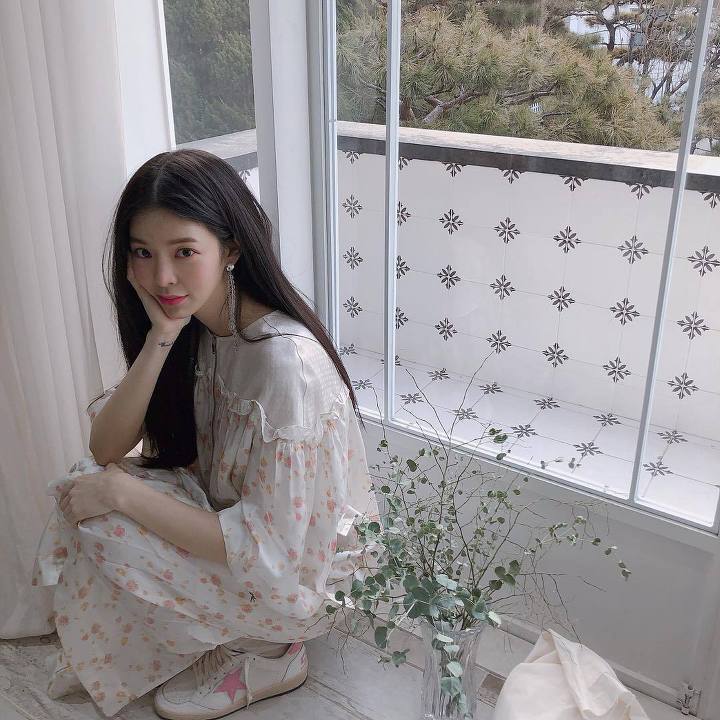
Over the years, it’s also been clear that the public hasn’t clearly differentiated between criminal, illegal truths and intimate, interpersonal truths. And perhaps Jang hasn’t, either. While Nam Taehyun having cheating habits may be an important news matter, it fails to fully achieve its reasoning of telling a necessary “truth.” While it does impact his role as a celebrity to some degree, it hardly finds correspondence elsewhere, other than the fact that Nam is a public figure as well. Yet, because this news was reported amidst this year’s spring cleaning (as opposed to 2010), it has hardly been questioned beyond its content.
All this to say, will demanding the greater truth on all of these things – privacy, dating, character – ultimately bring justice? And for whom, really? While the select audience of fans, netizens, and public interest are ideal, they are not solely substantial for this news to be so effective. Particularly when, objectively, this is not a criminal issue. Even if it was for Jang Jaein alone, it is questionable whether interpersonal justice has had to be served on a national scale.
Sources: (Daily News, E-Daily, Hankyung News, Ilgan Sports, OSEN [1], [2], Sports Chosun, Sports Seoul [1], [2], Star News, TV Report, Yonhap News, YTN; images via YG Entertainment, FNC Entertainment, Global H Media, The South and New Era Project)


